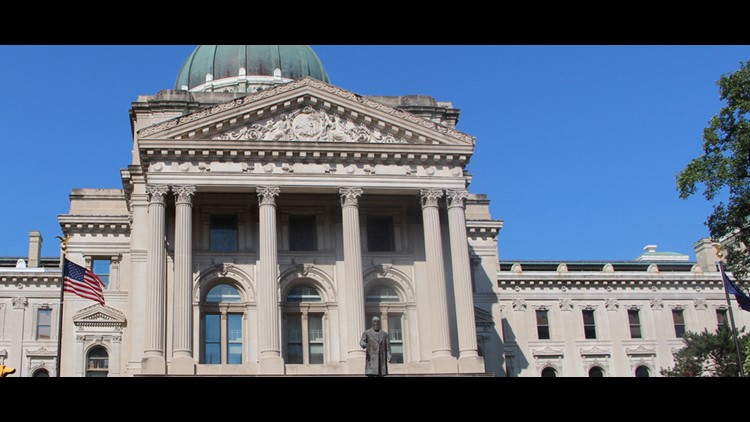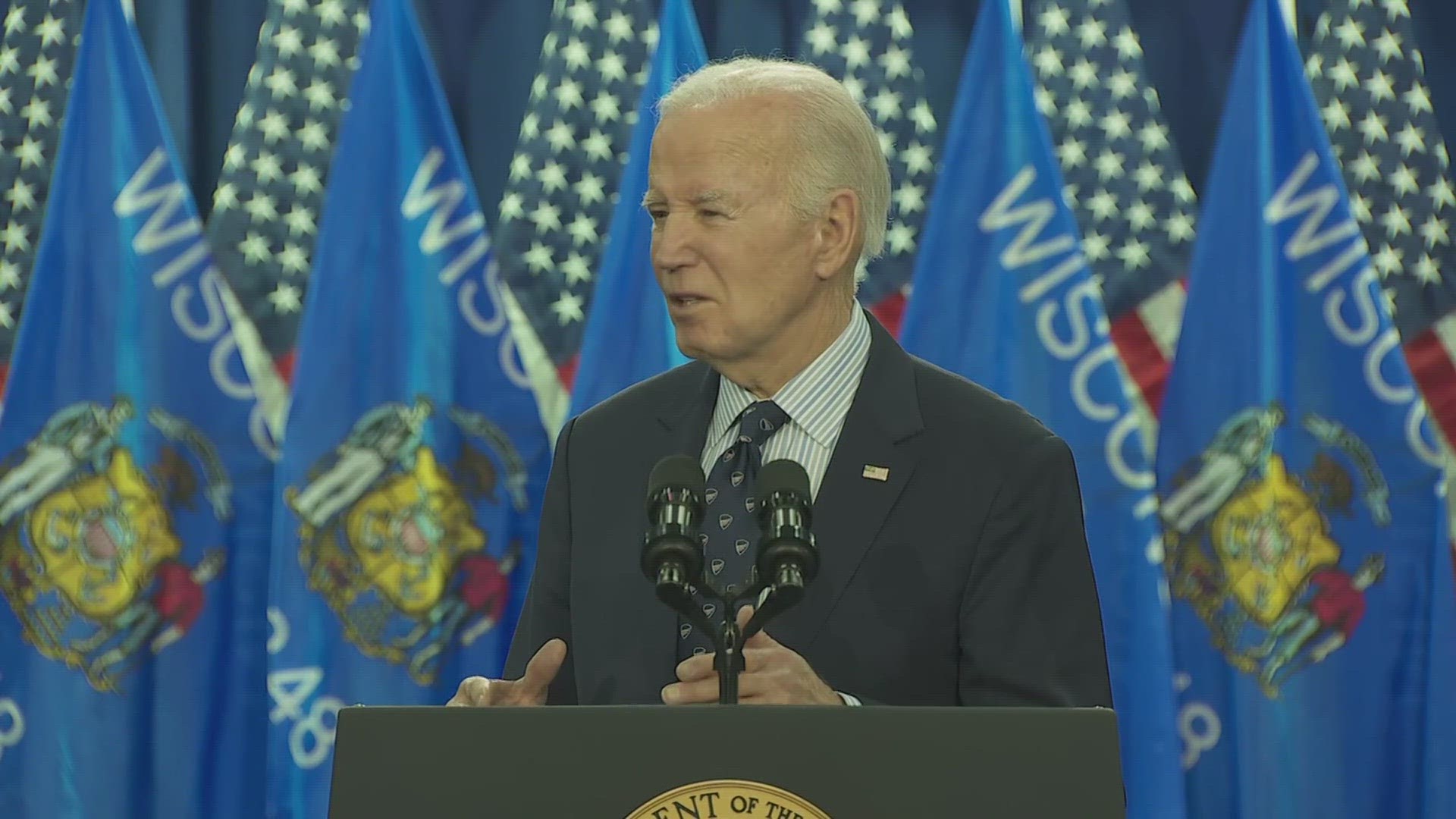INDIANAPOLIS — The pandemic prompted Indiana Republicans and Democrats to opt for virtual conventions, and the resurgence of the virus this past month that forced Gov. Eric Holcomb to delay the final Stage 5 reopening confirmed the wisdom of those choices. But the online format obscured what would have been two thrilling attorney general nomination floor fights.
Democrats selected former two-term Evansville mayor Jonathan Weinzapfel, who edged State Sen. Karen Tallian by a mere 47 votes in June. Then last Friday, Todd Rokita defeated embattled Attorney General Curtis Hill 873 to 801 for the GOP nomination.
The historic parallels between Rokita’s 2002 Indiana Republican Convention victory for the secretary of state nomination and his successful 2020 bid are vivid: He was one of four candidates, trailed on the first two ballots, then scored a come-from-behind victory on the third.
But the 2002 and 2020 efforts were about as different as a Volkswagen Beetle and a Boeing 747, or as Rokita explained, “The dynamic was 180 degrees different.” That's because voting was condensed into one mail-in ballot where delegates could mark off their top choice, and then different candidates on the second and third rounds.
In 2002 on the first ballot, Rokita trailed Richard Mourdock 720 to 670 with Mike Delph receiving 341 votes and Dr. John McGoff 197. On the second ballot, Rokita trailed Mourdock 827 to 813. On the final ballot, Rokita won by 847 to 753. Second choices matter.
Former congressman Mark Souder, writing in his Howey Politics Indiana column, observed: It appears the Hill people had a single slot strategy: List Hill and only Hill. Rokita worked to make sure he was the last man standing going into the final ballot, and then rounded up the ABC (Anybody But Curtis) coalition. On the second ballot, assuming the Hill voters remained loyal (remember, no delegate could see the emerging patterns in a virtual convention), the John Westercamp voters broke 122 for Rokita, 105 for Nate Harter and 46 for Hill. On the third ballot, the 432 Harter voters broke 75% for Rokita, who received 272 to 100 for Hill.
Had all this taken place at the Indiana Convention Center, it would have made for an intriguing and suspenseful floor fight.
Attorney General Hill drew the three challengers after two years of scandalous headlines stemming from a 2018 party where he was accused of groping a Democratic legislator and three staffers. He denied the allegations, escaped criminal prosecution twice, but was suspended by the Indiana Supreme Court Disciplinary Commission for 30 days, ending just before the GOP virtual convention began.
The last challenger to enter was Rokita, 51 days before the voting began. “I don’t want to gloss over the fact that 51 days when you’re trying to reach over 1,800 delegates, there are a lot of factors going into that, but the organization that was required to go from a dead stop, when the rest of the field was already down the road, was pretty phenomenal,” Rokita told me.
He reached out to an old friend, State Sen. Erin Houchin, to organize the strategy. He said that Houchin was one of just a few people he knew who had the organizational skills the task demanded. Eleven years ago, Houchin became 9th Congressional District Republican chair when she was nine months pregnant, winning the chair on Saturday and delivering her son, Graham, the following Monday. “She’s as serious as a heart attack when she puts her mind to get something done," Rokita said.
Houchin explained, “The strategy is always we wanted people to vote for Todd on the first ballot. But we were also not shy about asking delegates to mark Todd as their second or even third choice,” Houchin said. “We knew going into this it would be a significant challenge to get to over 50% on the first ballot against an incumbent.”
Rokita made two pitches to delegates: “If they were a Hill voter, we made a hard press: ‘Hey, you really need to think this through because he is not going to make it through November.’ He was a Titanic ready to happen. And then if you were a Westercamp or Harter supporter, we acknowledged that. That credit should be given, but that doesn’t mean they can win in the fall. They were both good guys, but if you’re set on them, come back home if they don’t make it.”
RELATED: HOWEY: The school reopening dilemma
“Throughout my political career I’ve been under-estimated,” said Rokita, who served two terms as secretary of state and four terms in Congress before he lost the 2018 U.S. Senate primary to Mike Braun.
He now faces Weinzapfel, who has a $772,364 to $18,277 cash on hand advantage. Health care and Hill's decision to join a Trump administration lawsuit to end Obamacare will likely become the key issue in the fall. “Congressman Rokita should put his D.C. talking points aside and join me in urging Curtis Hill to drop this lawsuit," Weinzapfel said. "And, if Curtis Hill won’t do it, Congressman Rokita should join me in pledging to remove Indiana from it if elected.”
The November winner will likely join Republican Lt. Gov. Suzanne Crouch as top contenders for the 2024 open gubernatorial seat.
The columnist is publisher of Howey Politics Indiana at www.howeypolitics.com. Find Howey on Facebook and Twitter @hwypol.



